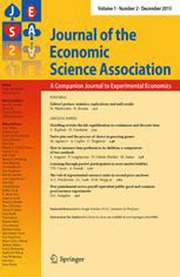Article contents
The effect of COVID-19-induced mortality salience on delay discounting: a replication
Published online by Cambridge University Press: 17 January 2025
Abstract
This study is a conceptual replication of Kelley & Schmeichel (PLOS ONE 10: e0144228, 2015), which found that thinking about death reduces delay discounting. Unlike the original study, the current study was conducted in an environment where there was a real and tangible mortality threat across the world, that is, COVID-19. Contrary to the findings of the original study, results of the current study revealed that thinking about death increases delay discounting, such that participants who were primed with death thoughts traded “₺200 now” for “₺342.35 three months later,” whereas those in the control condition traded “₺200 now” for “₺319.27 three months later”. The current study also explored the moderating roles of goal orientation and self-esteem in the effect of mortality salience on delay discounting; however, it failed to provide evidence for the moderating roles of these variables.
Information
- Type
- Replication Paper
- Information
- Journal of the Economic Science Association , Volume 7 , Issue 2: Special Issue: Experiments in the time of COVID 19 – Challenges and Insights (Pages 103-209) , December 2021 , pp. 159 - 166
- Copyright
- Copyright © 2021 The Author(s), under exclusive licence to Economic Science Association
References
- 4
- Cited by

